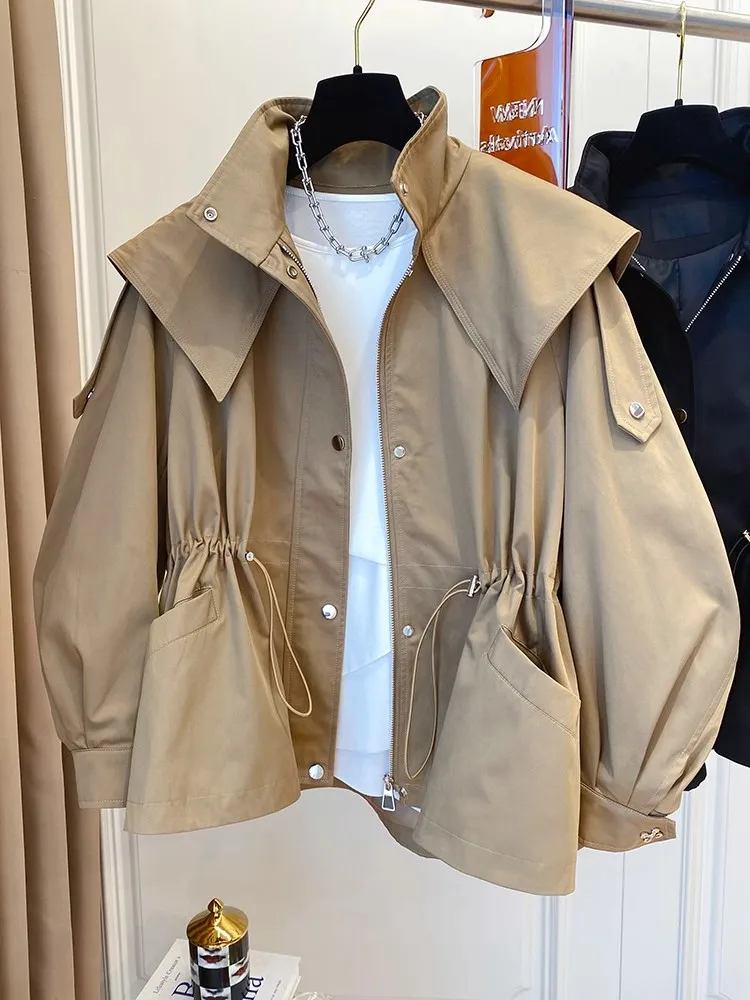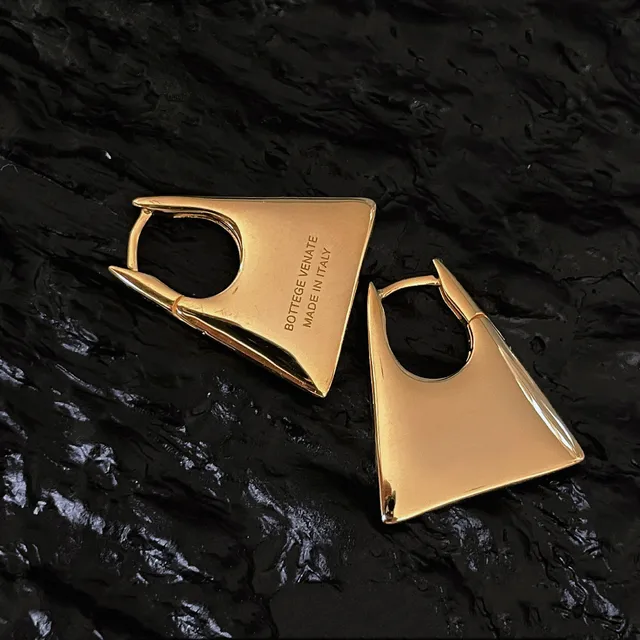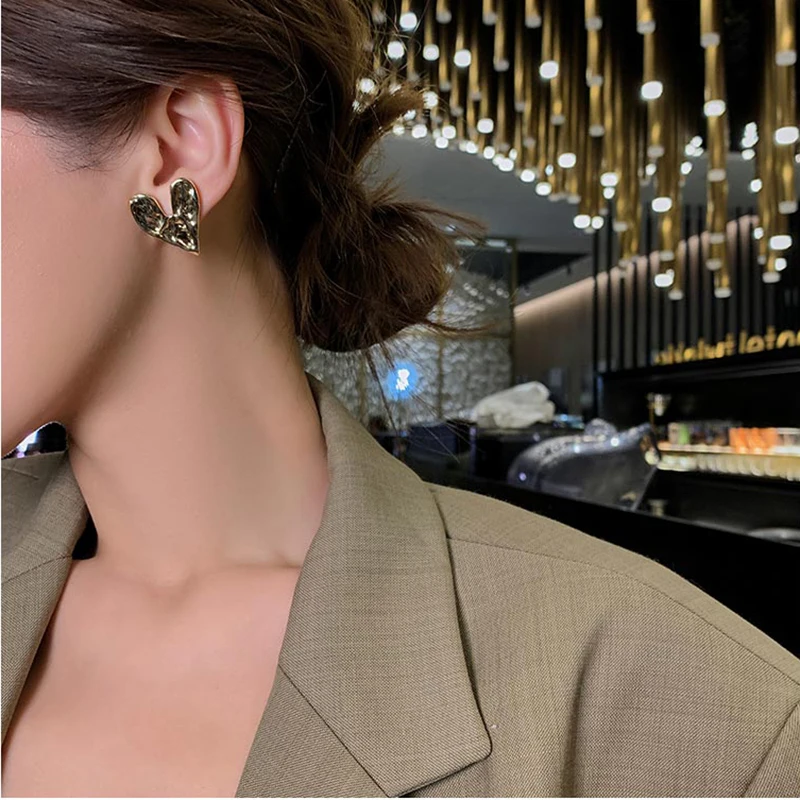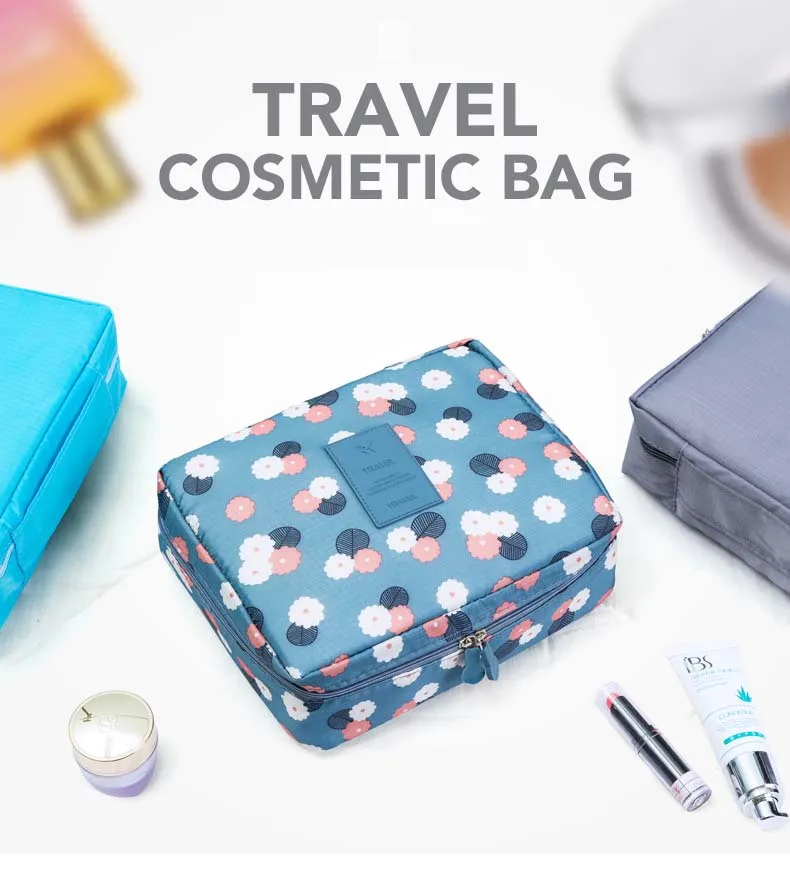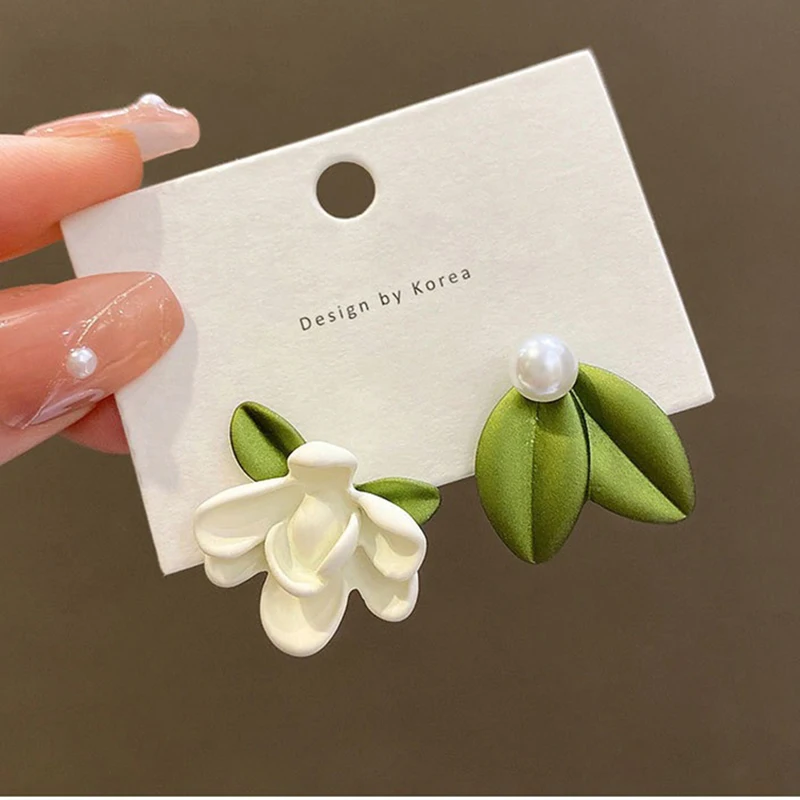I met Sylvia Longmire as most people meet today: on the internet. I was researching . I wanted to feature women that were different for a lack of better word than the stereotypical traveler we so often see today: predominantly white, twenty-something and skinny. I set out to search for women that would defy that stereotype but that were still kick-ass travelers. While I thought about POCs, different ages and different body sizes the question of whether someone was able-bodied or not didn’t cross my mind at first. That was until Sylvia got in touch after a shout out in various travel groups.
Sylvia is a world traveler, veteran, blogger, the hot single mother of two, travel agent and consultant, and advocate. Her list of what she is and does is a long one and the fact that she has MS (Multiple sclerosis) and sits in a wheelchair didn’t really factor when I first saw her accolades. Only when I read about her travels and its challenges did I realize that it is a major factor she got where she is today.
With her blogs and she tries to inspire other disabled people to travel around the world and in her home state Florida. And she gives a ton of practical tips on how to go about it. In addition, she works as a travel agent for those who face similar challenges like herself. Sylvia has also become an MS advocate and is not above getting in arguments with hotels, airlines and various states and their laws to make sure that also people who aren’t able-bodied can travel the world.
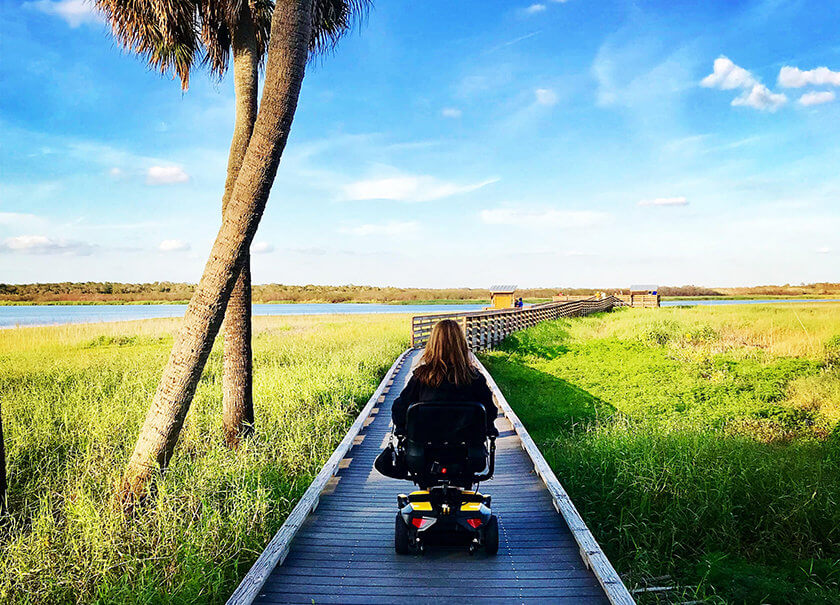
While I haven’t had the pleasure to meet Sylvia in person yet, she agreed to be our Travelette of the month and allowed me to get all those questions off my chest, I’d usually be too shy to ask in fear of offending anyone. How she adapted to a life in a wheelchair, what traveling the world entails now, and how she inspires herself and others every day to just keep going. Or rolling in her case.
You are a veteran and worked as an Air Force Officer and Special Agent – what did that entail? Were you like Carrie from Homeland? Are you even allowed to talk about it?
Being a Special Agent for the Air Force Office of Special Investigations is just like being an FBI agent, except we investigated felony level crimes being committed only by or against Air Force personnel or interests. I applied while I was a kid in college and went through the Air Force ROTC program after, completing my Air Force law enforcement training in 1997. I did work on criminal investigations for 2,5 years, but I specialized in counterintelligence and counterterrorism analysis later on. No, it’s not as exciting as Carrie from Homeland, LOL.
What came first your love for travel or MS or did you being diagnosed ignited a spark as in ‘I need to see the world now’?
I started traveling with my parents as a little girl and became addicted to it very early on. I started traveling solo when I was an Air Force officer in my twenties, and have been exploring the world ever since. I didn’t travel much when I was married for 10 years, so after my divorce, I went back to it, and now I’m doing it almost full-time.
Was giving up, not traveling ever an option for you?
No, it was never an option to give up travel!

Do you think MS has given you chances that you wouldn’t otherwise have?
I definitely think so. I certainly wouldn’t be where I am today if it hadn’t been for my diagnosis, and where I am is a pretty good place. It’s definitely frustrating to have to use a power wheelchair all the time, but it gives you a different perspective. There are definitely a lot of things that I no longer take for granted.
What do you tell women with disabilities who want to travel? And what would you tell their worried parents/partners?
I would tell them to take it one step at a time. I’ve been doing this now almost full-time for 2,5 years, and I still have a level of trepidation before I travel. It’s about gaining confidence from practice. And I would tell worried parents or partners to just let them exercise their independence and freedom because they really need it to be themselves.
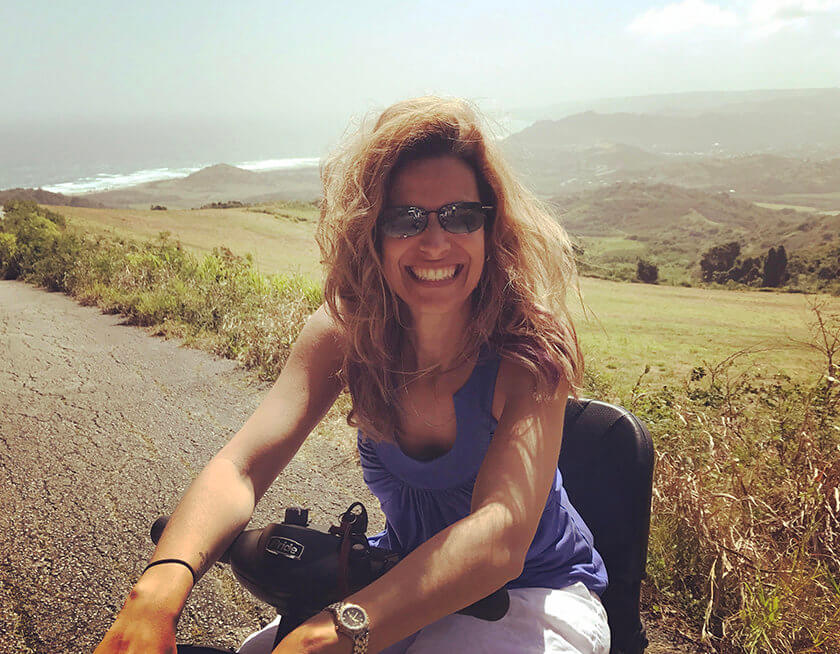
How do you research a destination? Have you literally gotten stuck somewhere because a place wasn’t as accessible as you expected it to be?
I spend hours and hours researching a destination, usually through Facebook groups and reviews/forum posts from other wheelchair travelers. It can be exhausting, but it’s absolutely necessary to alleviate anxiety over accessibility concerns. Usually, places are more accessible than I expect because I go there with minimal expectations. I’ve been very lucky that I have not gotten stuck anywhere just yet.
You seem to be an amazing advocate for people with MS and/or in a wheelchair especially when it comes to companies, destinations, and airlines (I remember when they wouldn’t let you off the plane). But I can imagine that sometimes things get very tedious and tiring. Do you ever feel like just giving up and staying home?
There are many times that my frustration level just reaches a peak or I don’t want to do it anymore. But this is no longer just about me. It’s about an entire community of wheelchair users, many of whom depend on me and my research and information to travel safely. If I give up, I feel like I’m letting my readers down.
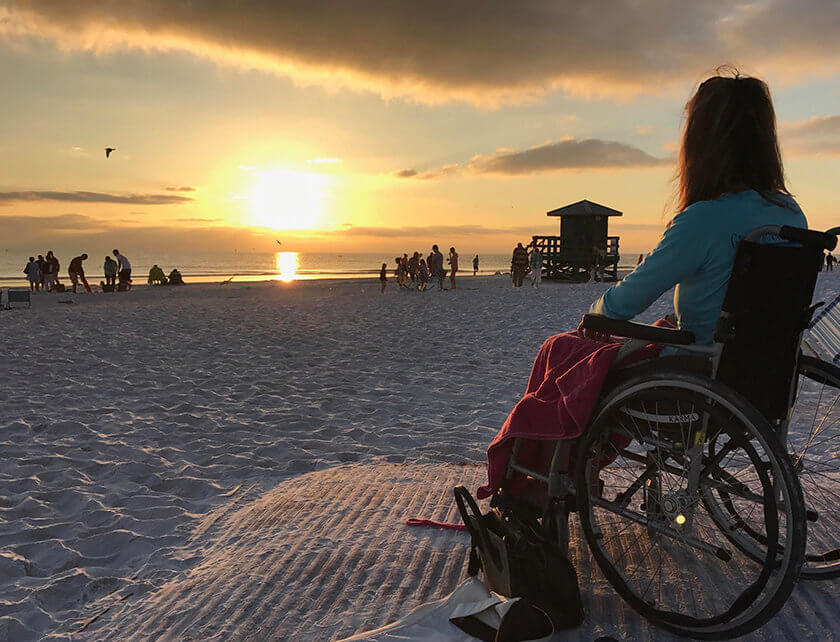
So what besides knowing you don’t want to let your readers down gets you out of such a slump?
Researching my next destination, LOL :).
Can you see the results of your work? Not just by inspiring readers but also by inspiring change from destinations/service providers.
I have definitely seen results of my work, which keeps me motivated. I get comments from readers all the time that they would not have taken a trip or planned a vacation if it hadn’t been for my blog posts or Facebook posts. I have also seen changes in airports, hotels, and performance venues based on my feedback, which is incredibly motivating to keep going.
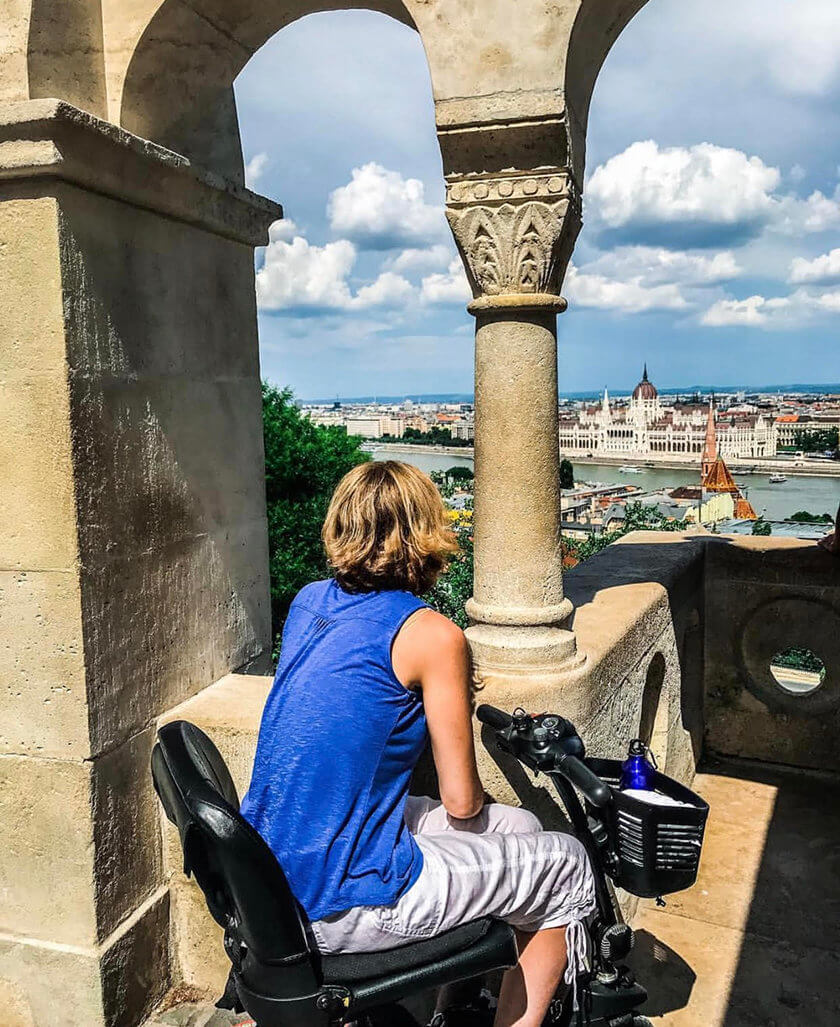
You described that having courage means something very different for you. I think it is a great reminder that we all have our own definition of comfort zones and not all of them have to include bungee jumping. What are you currently gathering courage for?
Taking my children on vacation with me, LOL! It sounds silly, but it’s one thing to just have yourself to take care of on a trip. My children are 10 and almost 8 years old, and it’s no longer about being just responsible for myself. I need to make sure that they are safe, comfortable, and also having fun. We’re going on a road trip to Atlanta this summer, as well as a Disney Cruise. I’m very excited, but I also want to make sure that they are doing OK.
You wrote: “I’m more than happy to be thrown over someone’s shoulder and into the back of a helicopter if that’s what needs to be done to get me on that Alaskan glacier.” What can the average person do to make your life easier when we meet? What to do or not to do to help?
It’s all about asking rather than assuming. I really like it when somebody just tells me that they’re there if I need anything, or ask me specifically what I need to be more comfortable. I don’t like it when people try to touch me or lift me or assume what I need without asking.
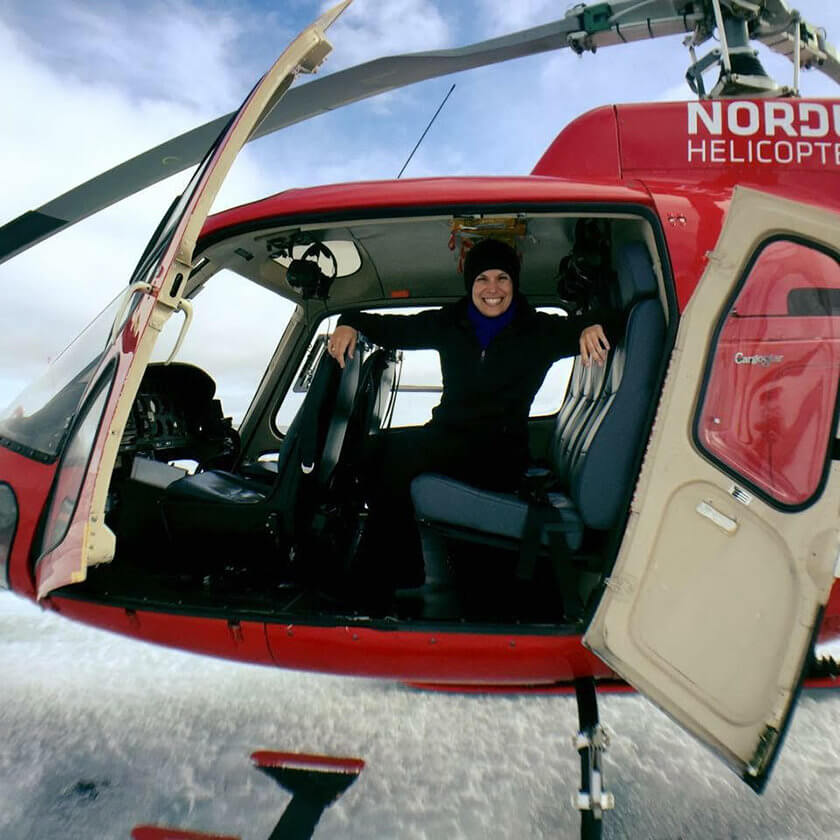
You can follow Sylvia’s adventure on her blog and find her on , and . If you would like to book her as a travel agent or consultant get in touch through her blogs!

